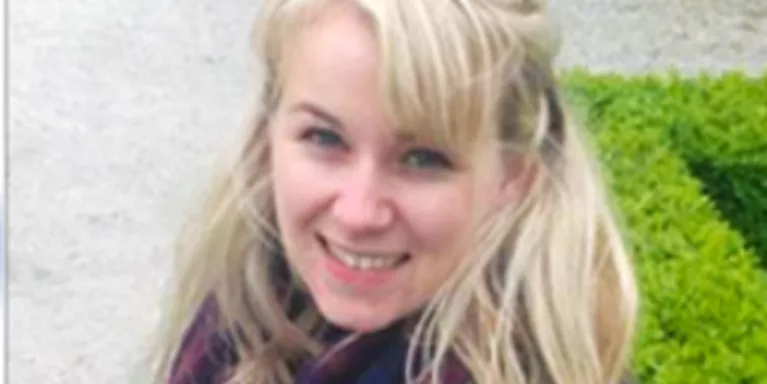Are mental health services in crisis?
Helen from our Policy & Campaigns team blogs about last night's episode of All in the Mind.
It was a timely discussion given the shocking stories on the news yesterday about people travelling hundreds of miles in crisis to find a bed. This comes just weeks after we wrote to the Guardian newspaper about the decision by NHS England and the regulator, Monitor, to recommend cutting mental health services by 20% more than other services.
All in the Mind asked people to get in touch with their own experiences of cuts and, perhaps unsurprisingly, they were inundated with replies. On our Twitter feed we also heard from people who were struggling to get support; one of our followers commented ‘when I was 16 they tried to send me 420 miles from home to receive treatment that wasn’t available where I was’.
Claudia Hammond, the presenter of the show, interviewed Prof Sue Bailey, President of the Royal College of Psychiatrists and Martin McShane, NHS England's Director for Long-Term Conditions. As you might expect, Sue Bailey was extremely concerned about the impact of cuts – she shared her fears that mental health services were at a ‘tipping point’ and asked Martin McShane to reverse the cuts to prevent mental health services falling into crisis.
Unfortunately Martin McShane didn’t really engage on that point, which was disappointing. He said that ‘a lot of people have picked up on this decision, which has to be seen in the round’ and moved the conversation on to talk about other issues. A politician’s response! However, he did say that ‘we do need to change the payment system for mental health…we’re taking this very seriously’, concluding ‘it does keep me awake at night.’
While Martin McShane is lying awake worrying, it sounds like Norman Lamb, Minister of State for Care Services, is awake too – perhaps reflecting on the Coalition Government’s wisdom in handing over powers for the NHS budget to NHS England in the first place. Norman Lamb described recent cuts to mental health services as ‘an absolutely flawed decision’, saying ‘I am so angry about it…that decision by NHS England undermines the government’s clear intention to achieve parity between physical health and mental health’. However, when asked if he has the power to do anything about it, Norman Lamb replied ‘we don’t have the power directly. The system is designed to ensure that decisions about where the money goes are taken out of the hands of politicians.’
The only lever that the Minister has at his disposal is the NHS Mandate, which sets out that NHS England must make measurable progress towards parity of esteem for physical and mental health by 2015. Norman Lamb agreed that these funding cuts undermine progress towards this goal, and is clearly as frustrated as we are that he can do so little about it.
It was a shame that Norman Lamb was interviewed on his own, rather than joining the conversation with Martin McShane and Sue Bailey – and perhaps telling about the relationship between the Department of Health and NHS England at the moment.
Although this was an important issue to discuss, it didn’t feel like the conversation last night moved on any further. It’s not just Martin McShane; cuts to mental health services are keeping us all awake at night. To avoid another tragedy like Mid Staffs, NHS England and Monitor need to start really listening and taking action to bring mental health services back from the brink. It’s true, parity of esteem is about more than money, but for as long as services are so desperately underfunded, money will remain a fundamental part.


Information and support
When you’re living with a mental health problem, or supporting someone who is, having access to the right information - about a condition, treatment options, or practical issues - is vital. Visit our information pages to find out more.
Share your story with others
Blogs and stories can show that people with mental health problems are cared about, understood and listened to. We can use it to challenge the status quo and change attitudes.

















